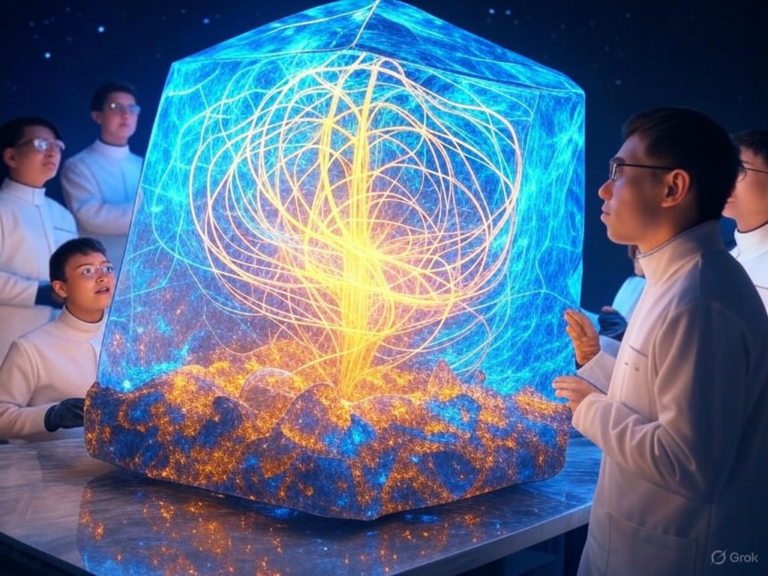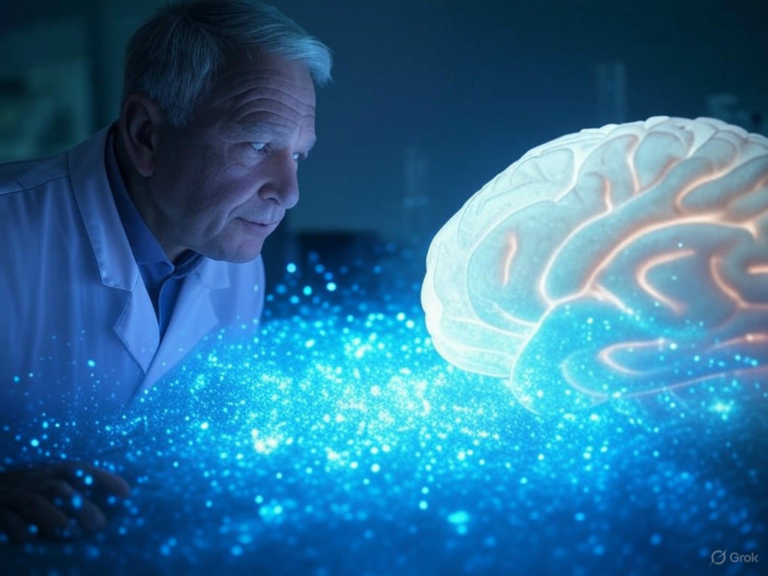
Negative AI Impact on News and Journalists Foreseen by Americans
Introduction to AI in Journalism
The AI impact on news is a topic stirring up plenty of debate these days. As artificial intelligence weaves its way into journalism, it’s clear that while it promises efficiency in tasks like data analysis and content generation, many Americans are worried about the downsides. A recent Pew Research Center survey reveals that nearly half of U.S. adults expect AI to harm the news industry over the next two decades, with just 10% seeing positives—concerns largely center on AI-generated misinformation, job losses, and biased reporting.
Have you ever wondered how a machine might twist the facts in a story you’re reading? That’s a real fear for many, as AI tools become more common in newsrooms. Despite these worries, some experts argue that AI could help prevent journalism’s decline by automating routine work, allowing human reporters to focus on deeper investigations. But as we dive into this, it’s essential to weigh the AI impact on news against the human elements that make journalism trustworthy.
Challenges and Concerns with AI Impact on News
Skepticism and Lack of Transparency in AI Use
Public skepticism about the AI impact on news is growing, with audiences often wary of how AI shapes the stories they consume. For instance, many people are hesitant to rely on AI chatbots for daily news, fearing that hidden algorithms could introduce errors or biases without clear explanations. This lack of transparency isn’t just a minor issue—it’s eroding trust in media outlets that don’t disclose their AI involvement.
Imagine scrolling through your feed and stumbling upon an article that’s partially AI-generated; how would you feel if it wasn’t labeled? Surveys show that audiences demand ethical guidelines from newsrooms to ensure AI doesn’t compromise fact-based reporting. While AI can speed up news production, addressing this skepticism is key to maintaining credibility in an era where the AI impact on news could either build or break public confidence.
Impact on Journalistic Jobs and Diversity
The AI impact on news extends to the workforce, raising alarms about job displacement and its effects on diversity. Layoffs in journalism have hit marginalized groups harder, with data indicating that people of color and women are disproportionately affected, leading to less diverse newsrooms. This isn’t just about numbers—it’s about losing the unique perspectives that human journalists bring, which AI often misses due to its reliance on historical data that might perpetuate stereotypes.
What if AI starts dominating news production, sidelining voices from underrepresented communities? That could amplify biases and spread misinformation more easily. To counter this, news organizations need to prioritize inclusive hiring and training, turning the AI impact on news into an opportunity for growth rather than a setback.
AI and Misinformation in the Public Arena
One of the most pressing aspects of the AI impact on news is its role in fueling misinformation. AI’s ability to create deepfakes and fabricate stories makes it tougher for journalists to verify facts, especially during high-stakes events like elections. This creates a vicious cycle where AI is used for both generating and checking content, potentially leading to a flood of unreliable information that sways public opinion.
Think about how social media amplifies these issues—false AI-generated news can spread like wildfire. Journalists are on the front lines, battling this with rigorous fact-checking, but it’s a tough fight. By promoting transparent AI practices, we can mitigate the AI impact on news and help safeguard the truth in our daily information flow.
Future of Journalism in the Age of AI
Adapting to the AI Impact on News While Preserving Integrity
Looking ahead, adapting to the AI impact on news means finding a balance between innovation and core journalistic values. Newsrooms can use AI to handle repetitive tasks, like sorting through data or suggesting story ideas, but it should support, not replace, human reporters. This approach not only boosts efficiency but also ensures that ethical standards remain intact, with clear guidelines on AI usage.
Here’s a practical tip: Journalists could start by experimenting with AI tools in low-risk areas, like research, while always double-checking outputs. Economic pressures are pushing many outlets toward AI adoption, but relying too heavily on tech giants could threaten their independence. By focusing on this adaptation, the AI impact on news might evolve into a positive force, enhancing stories without losing the human touch.
Conclusion and the Path Forward
As we navigate the AI impact on news, it’s clear that challenges like bias and job displacement are significant, but they’re not insurmountable. News organizations must commit to transparency, diversity, and ethical AI integration to protect journalism’s future. For readers, staying informed about these issues can empower you to question sources and support quality reporting.
What are your thoughts on how AI is changing the news you read? Perhaps share a time when you spotted potential AI involvement in a story—it could spark some great discussions. To wrap up, I encourage you to explore more on this topic through our related posts or leave a comment below—your insights could help shape the conversation.
References
Here are the sources referenced in this article, providing a foundation for the discussion on the AI impact on news:
- Pew Research Center. (2025). “Americans Largely Foresee AI Having Negative Effects on News, Journalists.” Link
- University of Minnesota. (2025). “Report: Newsrooms Look to Innovate with AI, but Americans Remain Skeptical and Distrusting.” Link
- Brookings Institution. (n.d.). “Can Journalism Survive AI?” Link
- Columbia Journalism School. (n.d.). “Tow Report: Artificial Intelligence in News and How AI Reshapes Journalism and the Public Arena.” Link
- The World Mind. (2025). “A Double-Edged Sword: AI in Journalism and the Era of Trump 2025.” Link
- Columbia Journalism Review. (n.d.). “Artificial Intelligence in the News.” Link
- Brookings Institution. (n.d.). “Journalism Needs Better Representation to Counter AI.” Link
- Ry Rob. (n.d.). “AI Article Writer.” Link
AI impact on news, AI in journalism, negative AI effects, journalists and AI, AI bias in media, job displacement AI, misinformation from AI, future of journalism AI, ethical AI in news, AI transparency in reporting







